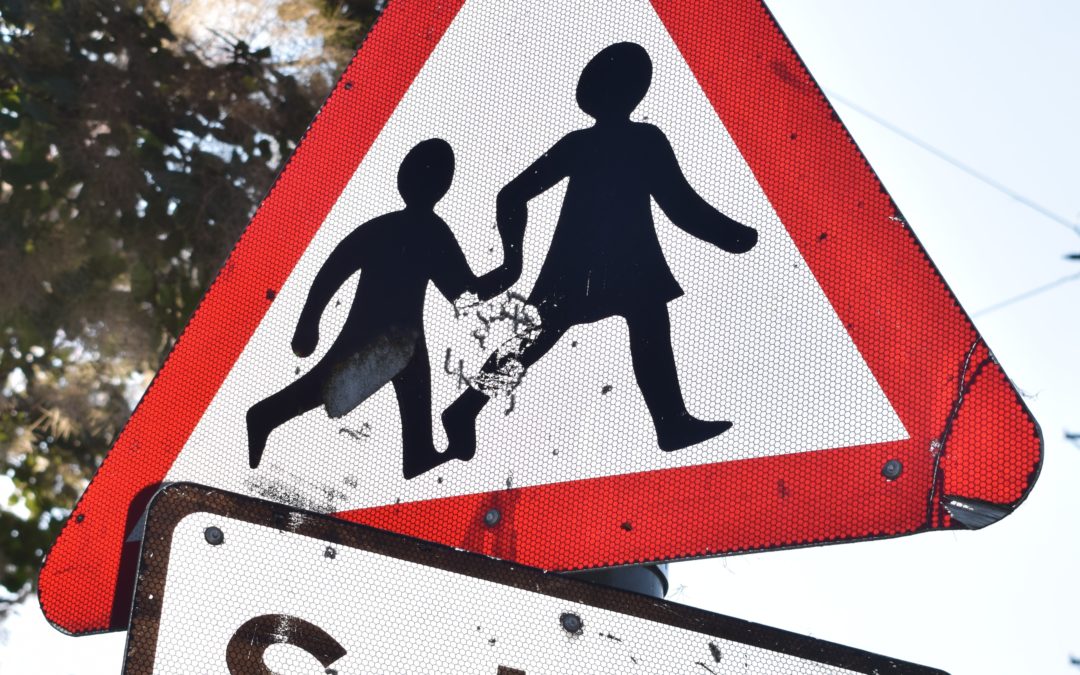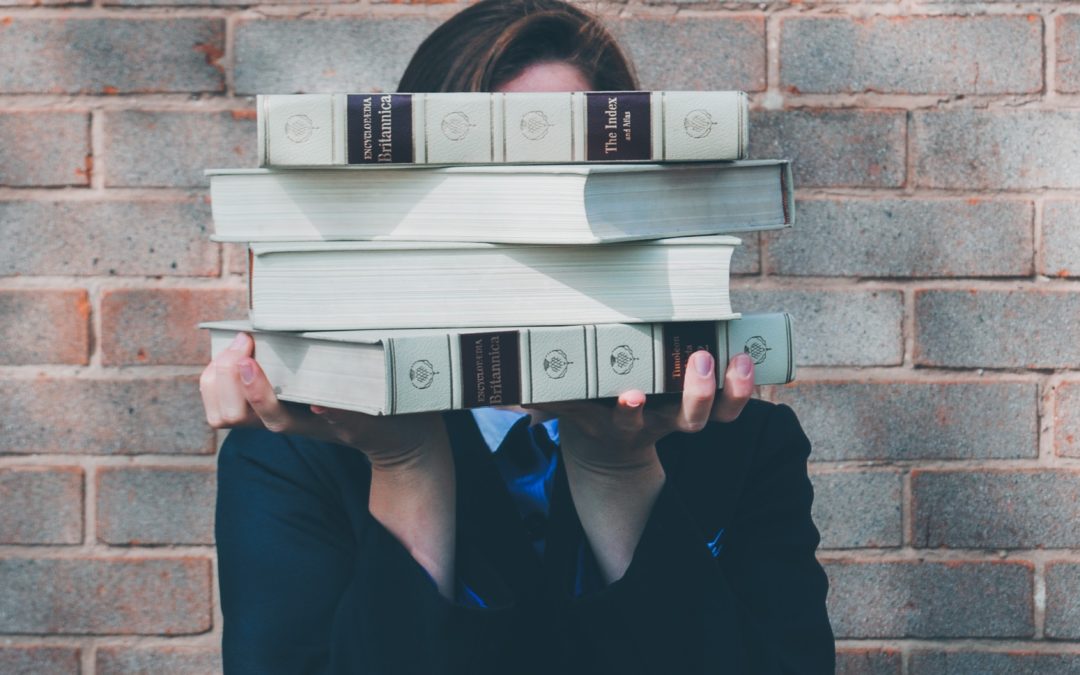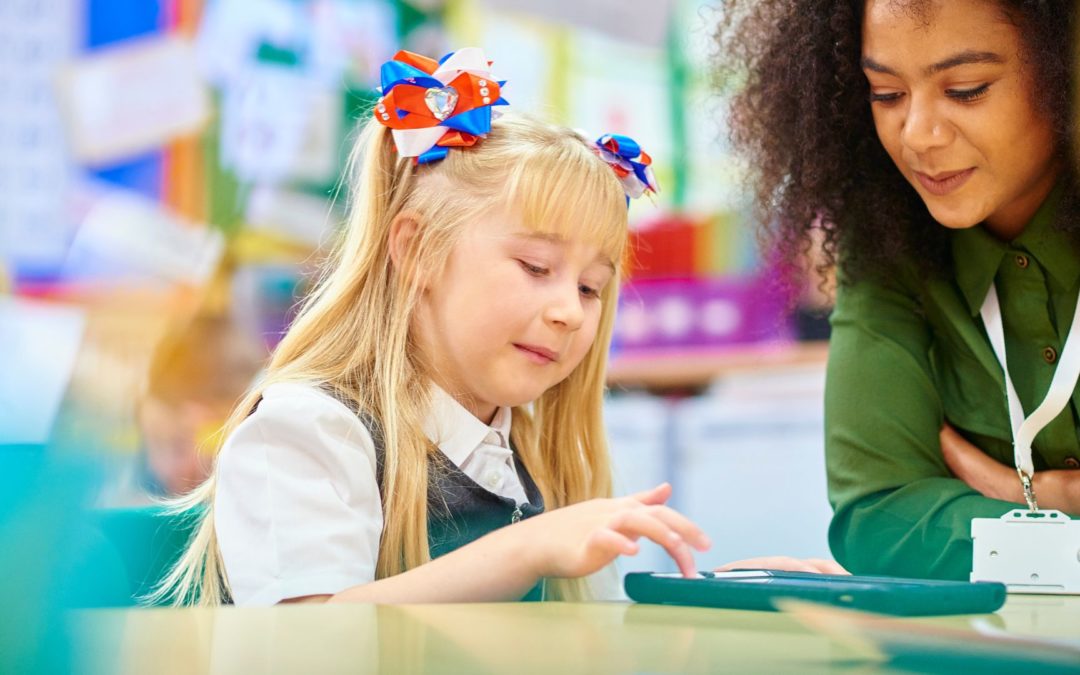 THE DAD GUIDE TO STARTING SCHOOl
THE DAD GUIDE TO STARTING SCHOOl
It’s that time of year again, September is almost upon us and many children and their parents will be thinking about schools, education and learning!
When does education begin?
Children must start education by the term after their 5th birthday, whether this is through a school education, or at home.
In reality, many begin education before this date, whether it is through informal education which takes place at home, or by entering into Reception year at school.
For starting school, the start date is dependent on your child’s birth date and your local authority. Usually, a child born on the 1st September will be the oldest in their class & a child born on the 31st August will be the youngest. However, there are allowances in some areas for parents to specifically arrange to delay the start date of their summer-born baby to start the following academic year.
Prior to Reception, children have the option to go to nursery or pre-school when they are three and are entitled to up to 6 terms of free early education for up to 15 hours per week (38 weeks each year) depending on where you live. If you receive certain benefits, your little one may be eligible for their free 15 hours from the age of two.
If I am choosing for my child to go to primary school, how can I help them prepare?
Going shopping for their school uniform (if the school has one) is a good way to help them start understanding what will happen, and for you to start discussions about it. If there are other things they need like school bags, lunch boxes or pencil cases, getting them involved in choosing their own is also a fun way to start them preparing
Also practise things like putting their shoes on, packing their school bag, walking to school together (on a nice Sunday afternoon) – so they can start to understand what will be happening.
What will my little one need for going to school?
There will be a variety of resources and clothing which your child will need for school, and in addition to this, a range of events or trips throughout the year that you are likely to be requested to contribute towards.
This will vary from school to school, but some common examples are:
- School uniform – most schools in the UK require a uniform from Reception upwards. Many of the basics can be purchased cheaply from most supermarkets or High Street shops but you may also need to purchase official school uniform pieces with the school logo e.g. polo shirts, jumpers, & blazers. In total, expect to pay something over £50+ per child (each year) – and the bigger they get, the more it will cost!
- PE kits– this includes the obvious shorts & PE top but may also include plimsolls, trainers, jogging bottoms, hoodies. You may also need to buy equipment such as football boots or other specialist wear, depending on what activities (both during and after school) your child becomes interested in.
- School shoes – your child will wear these every single day, all day – so they will get a lot of use! There are many options for buying school shoes now, and you can get some good quality, long lasting leather shoes from cheaper places like supermarkets too, so shop around and be prepared that they may not last a whole academic year!
- Dinners – if you are in receipt of certain benefits, school dinners are free. If not, expect to pay around £2 per day, or start making packed lunches.
- Stationary – at the beginning of primary school there is not likely to be much of an expectation about this, but as they progress through school, there will be items they will be required to have.
- Transport – depending on where you live & whether your children go to the local catchment school, you may have to cover the cost of transport to school. If unsure, your local Council will have a ‘school transport’ department who can help with your queries.
- School trips – these can be expensive – ranging from around £20 for a day trip up to hundreds of pounds for residential activity camps.
- Fundraising – most schools require additional funds to cover even ‘basic’ needs. YOU are the main source of these funds! There will be raffles, fun days, fairs, Christmas bazaars & more.
- School photos – expect to receive individual, family group & class photos, it is up to you whether you pay for these but they are a good record of your children’s time at school.
- Music lessons – many schools make provision for instrument lessons – but you will have to opt into these & be prepared to pay for them – around £100 per term plus instrument costs.
- Visits/special days – from time to time the school may have a ‘special day’ where a local author or workshop comes into the school. ‘Voluntary’ payments range from £3-£10 for these.
- After school clubs – as your children develop they/you may want to expand their education to include clubs like swimming, Judo, gymnastics, dance etc. Costs vary widely, some will be free, while some you will need to pay for. So be ready to have the discussion with your child about how many activities they can attend each week.
So do get involved – you do matter & will make a difference to your child’s future.








